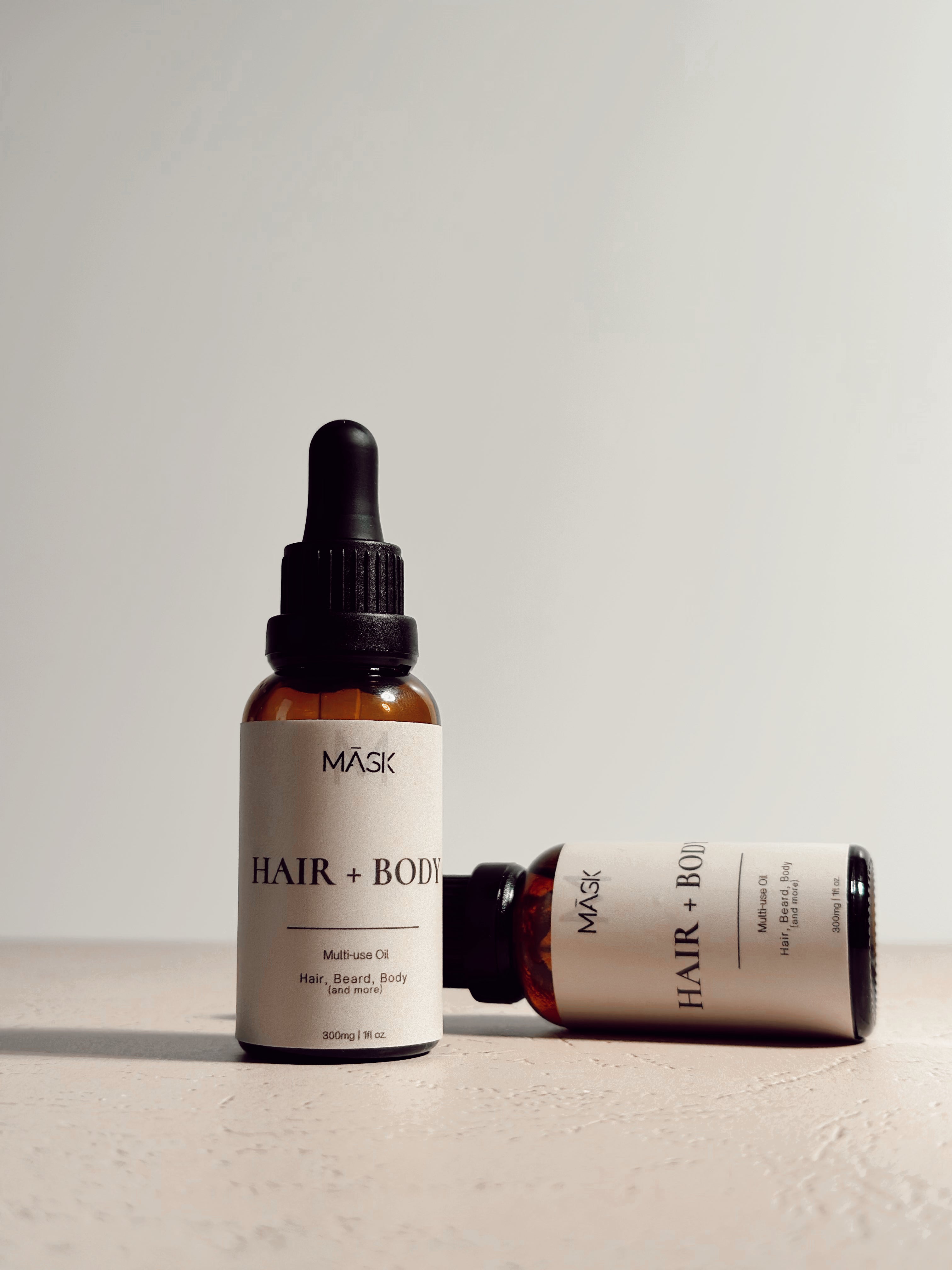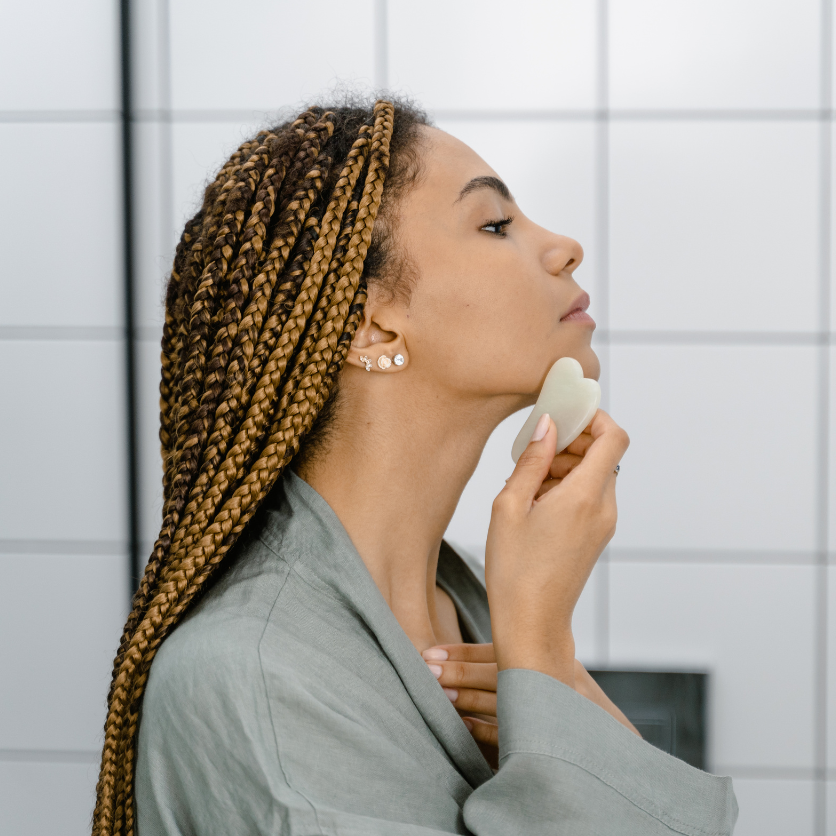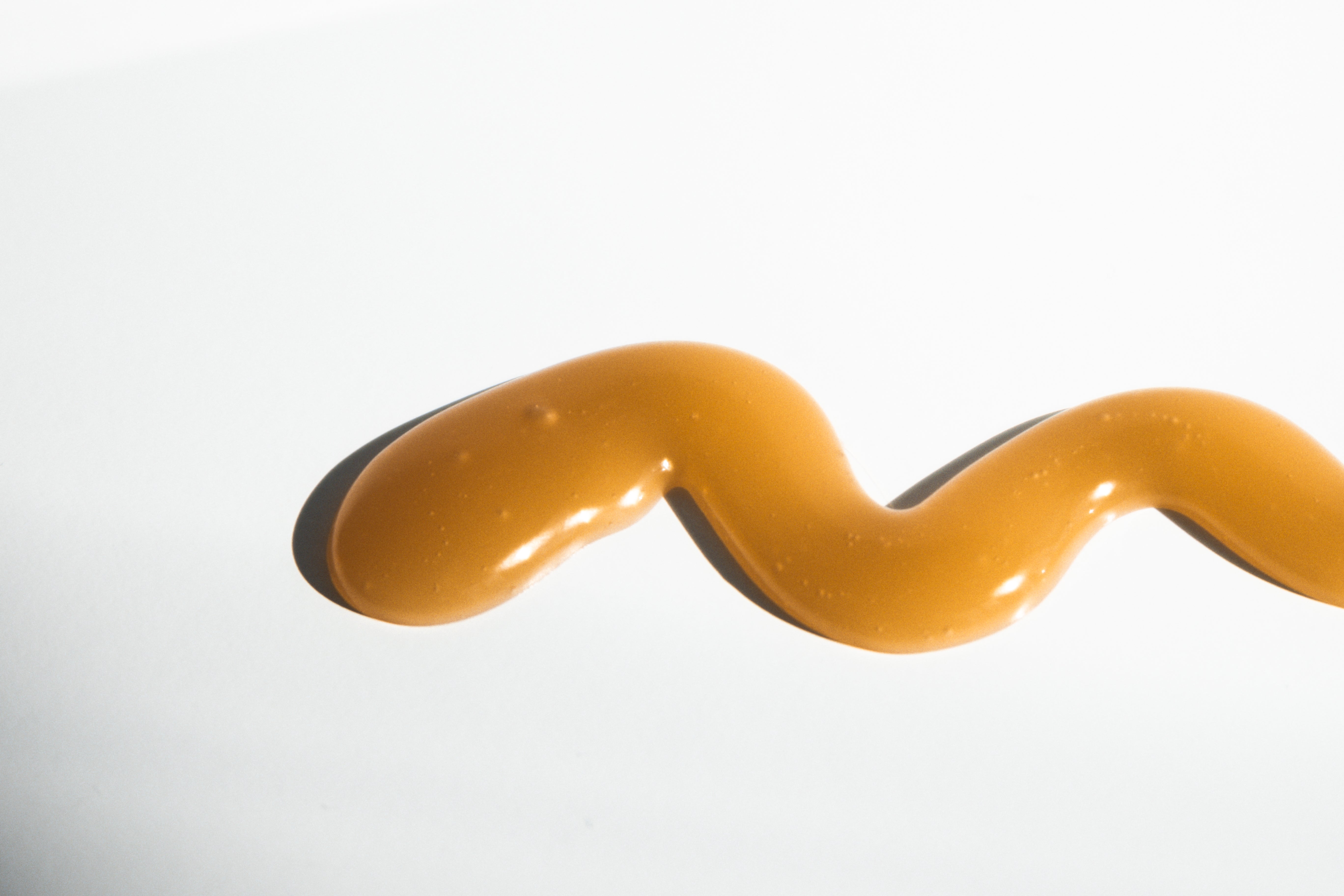Benefits Of Facial Oils

by: Eminence Organics
After endless time indoors, and the cooler months gaining on us, our skin is crying out for some additional love.
While you might be a master of the cleanser-moisturizer combination, and even reach for a weekly mask, there’s a key component that is too often overlooked: facial oil. Throughout skin care’s recent history, facial oil has always received the short end of the stick in terms of reputation. I
t’s been difficult to unlearn our impression that applying oil to your face only fuels the acne flame — especially as a slew of beauty brands have capitalized on the misconception in the past and pitched face products as “oil-free.”
But it’s high time we understand that oils are crucial to round out a robust skin care routine. While lotions and serums are great for overall hydration, oil can tackle a range of specific issues: scar fading, de-aging, skin smoothing, even sebum balancing.
What Are Facial Oils?
With roots in skin care dating back to Ancient Egypt and Asia, oils have long since been a go-to when it comes to hydration and repair.
Because naturally-produced oils keep our skin cells fresh and hydrated, facial oils work to complement or, at times, supplement their process. They encompass fragrant plant oils (essential oils derived from flowers or roots of one plant or herb alone), non-fragrant plant oils and synthetic oils. Because of their emollience (their capacity to strengthen the skin’s outer layer via lubrication), they are able to seal in water softening your skin as a result.

3 Benefits Of Facial Oils
1. Hydrate The Skin
So, we’ve worked out facial oil is a godsend, but what does it actually do that other products can’t? Well, as it turns out, a range of things. It’s easy to write off oils as just another unnecessary skin care step, but in reality, there’s so much they can do to manage and combat a host of skin ailments.
Not only are they lipophilic (dissolving into your skin’s natural lipids to give them an extra boost), they deeply penetrate the skin’s layers to trap moisture — ideal for dehydrated skin — while simultaneously building a protective barrier on the skin’s surface that repels pollutants.
2. Add Nutrients
Of course, these benefits are without factoring in the capabilities of nutrients that are abundant in each facial oil. Certain vitamins or oils derived from particular plants can address specific skin struggles, improving its overall appearance dramatically. Oils created from antioxidant-packed sources are among the most recommended by experts.
As to why antioxidants have become beauty’s primary buzzword, all the credit is owed to its properties for reducing the visible signs of aging. UV exposure creates free radicals that deteriorate healthy cells, affecting the appearance of a skin the same way a car that’s been overexposed to the elements begins to rust. Antioxidants stop that process in its tracks while reducing inflammation, which makes antioxidant-heavy oils ideal for sensitive skin.
3. Target Conditions
Contrary to popular belief, various facial oils can also greatly benefit those with acne, particularly oils with antibacterial properties. While we were all once steadfast in the notion that oil products clogged pores and should be avoided, in reality, a lot of acne-sufferers are also navigating extremely dry skin for a variety of reasons, including heavy-duty medications.
A lot of topical acne treatments only strip skin of moisture even further, but the right facial oil will reset your oil production and confront pimples head on, all while purifying and soothing. In fact, it’s oil that provides the one-two punch when it comes to pimple-prone skin: accelerating healing while fading the appearance of new scars. There are also oils that make clear skin their mission for acne-sufferers by blending salicylic acid (the acne-fighting super-ingredient) with the fatty acids necessary to correct skin tone and keep your skin supple.

How To Apply A Facial Oil
Like perfume, it’s easy to “bruise” a facial oil with a vigorous application. Dermatologists suggest placing one to four drops of oil into your palm before gently warming the product in your hands.
Then, instead of rubbing the way you might use a moisturizer, gently press your entire hand into the skin so the oil is able to absorb without irritating the skin’s surface with friction. You can use facial oil in either the morning or evening, or feel free to apply as a spot treatment to target pimples or uneven skin tone.
Now that we’re becoming more versed in skin care, it’s become apparent that oils are as necessary an addition to your regime as moisturizing lotions. Particularly as most of the latter are heavily water-based and therefore not emollient enough to tackle the tough issues.
If you’re navigating poor air quality and general environmental stresses, facial oil can serve as your skin’s shield. Temperature shifts are also the ideal time to be working an oil into your daily routine; cold weather can leave your face dry and flaky, while warmer temperatures means constantly mediating UV damage. If you feel your skin drying out, dermatologists claim a dollop of oil can be more effective than moisturizing.
Unlike most skin care products which are clearly designated to specific areas of skin, oil is just as beneficial applied to any part of your body as it is your visage. It's a great addition to a full body beauty routine, especially if you are experiencing more pronounced dryness or eczema in a particular area.
Bottom line? When it comes to hydration, facial oil is the product that will prove itself the most valuable weapon in your skin care arsenal over and over.




